In a dramatic series of statements that surprised political observers and foreign policy experts alike, US President Donald Trump openly criticized Russian President Vladimir Putin for what he called a “completely unwarranted” escalation of military action in Ukraine. The remarks came on the heels of a particularly intense period in the ongoing conflict, during which Ukraine launched hundreds of drone attacks inside Russian territory, including a massive swarm that reportedly nearly reached President Putin’s helicopter during a visit to Kursk on May 20.
Despite these aggressive Ukrainian operations, Trump asserted that Russia’s retaliatory missile strikes were unjustified, describing Putin as having “gone absolutely CRAZY” and accusing Moscow of attacking Ukraine “for no reason whatsoever.”
The Ukrainian military’s strategy appears to have shifted in recent weeks toward a dramatic escalation in the use of unmanned aerial vehicles (UAVs). Between May 20 and May 23 alone, Russian defense systems intercepted at least 764 drones, according to official reports. Hundreds more were reportedly neutralized over the weekend.
The sheer scale of these incursions has raised eyebrows, especially after reports emerged that a helicopter carrying President Putin was caught in the “epicenter” of one such drone swarm while traveling in Russia’s western Kursk region. Though the Russian leader was unharmed, the event marked a serious breach of Russian airspace and symbolized the growing reach of Ukrainian UAV capabilities.
In retaliation, Russia launched a series of missile strikes aimed at Ukraine’s drone and missile production facilities, including a major industrial plant in Kiev on May 25. These operations were described by Moscow as necessary and proportionate responses to an intensifying aerial campaign orchestrated by Kiev.
US President Trump’s response to these developments has caused a stir in both diplomatic and political circles. Speaking to reporters on May 26, he expressed deep concern over Russia’s actions and questioned the rationale behind them.
“I’m not happy with what Putin’s doing,” Trump said. “We’re in the middle of talking and he’s shooting rockets into Kiev and other cities. I don’t like it at all… We’ll see what I’m going to do.”
In a post on his social media platform Truth Social, Trump was even more pointed, suggesting that President Putin had lost his composure and rational judgment.
“I’ve always had a very good relationship with Vladimir Putin of Russia, but something has happened to him. He has gone absolutely CRAZY!” Trump wrote. “Missiles and drones are being shot into cities in Ukraine for no reason whatsoever.”
Trump’s statement ignored, however, the fact that the Russian strikes came in direct response to an unprecedented campaign of drone attacks from Ukraine, a context many analysts believe is critical to understanding the current escalation.
Trump did not spare Ukrainian President Volodymyr Zelensky from criticism either. In remarks that appeared to reference Zelensky’s public frustration over the perceived muted response from Washington to the recent Russian missile attacks, Trump admonished the Ukrainian leader for his rhetoric.
“President Zelensky is doing his country no favors by talking the way he does. Everything out of his mouth causes problems. I don’t like it, and it better stop,” Trump said.
Reiterating a stance he has held since the early days of the conflict, Trump added that the war “is not his war,” distancing himself further from the policies of the Biden administration, which has provided Kyiv with billions in military and financial support.
The timing of the drone attacks and subsequent Russian retaliation is particularly delicate, as peace efforts appear to be quietly underway. According to Russia’s Foreign Ministry, the massive uptick in UAV incursions may be part of an effort to derail US-brokered peace negotiations between Moscow and Kiev.
Russian Foreign Minister Sergey Lavrov has pointed fingers at several European actors – notably the UK, France, and Germany – accusing them of encouraging Ukrainian aggression and prolonging the conflict for geopolitical gain. He suggested that these Western backers of Ukraine bear partial responsibility for the recent spike in drone operations and for undermining diplomatic progress.
Yet, despite the violence and recriminations, there have been signs of tentative cooperation. Russia and Ukraine recently completed a record-setting prisoner exchange, reportedly brokered through negotiations held in Türkiye earlier this month. Lavrov confirmed that both sides agreed to exchange ceasefire proposals once the prisoner swap was finalized – a sign that even amid escalating military action, channels for diplomacy remain open.
Trump’s remarks represent a departure from his usual tone on Russia. Throughout his presidency and after, Trump has often spoken of his positive rapport with Putin and has been criticized by opponents for appearing too deferential to the Russian leader. His recent statements, however, strike a more confrontational tone.
Yet they also reflect strategic confusion. While condemning Russian missile strikes as unprovoked, Trump offered no acknowledgment of Ukraine’s aggressive drone campaign, nor of how such provocations might affect Moscow’s military calculus.
By simultaneously criticizing both Putin and Zelensky while declaring the war is “not his,” Trump may be attempting to appeal to a war-weary American public, positioning himself as a non-interventionist ahead of the 2024 election cycle. Still, foreign policy analysts argue that such simplifications of a complex geopolitical conflict risk undermining US credibility on the world stage.
As the conflict between Russia and Ukraine grinds into its third year, both military operations and diplomatic overtures seem to be accelerating simultaneously. Trump’s recent outburst – blaming Putin for the escalation while brushing aside Kiev’s drone blitz – has added another layer of political theater to an already volatile situation.
Whether Trump’s statements reflect genuine concern, political calculation, or a misunderstanding of the facts remains a matter of interpretation. But with drone warfare intensifying, ceasefire proposals pending, and Western allies struggling to maintain a united front, the stakes in Eastern Europe continue to rise – with or without Trump’s approval.
Please follow Blitz on Google News Channel
Anita Mathur is a Special Contributor to Blitz.
trump-blames-putins-crazy-escalation-amid-ukraine-drone-attacks

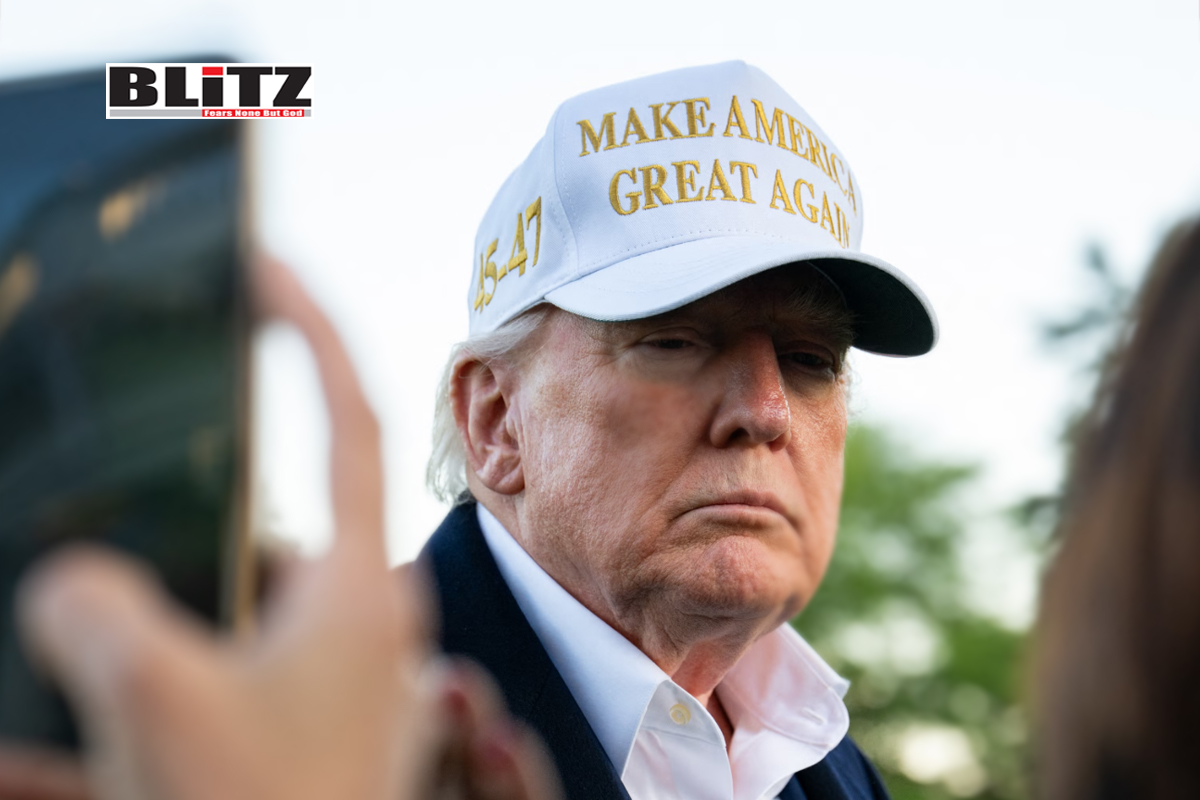
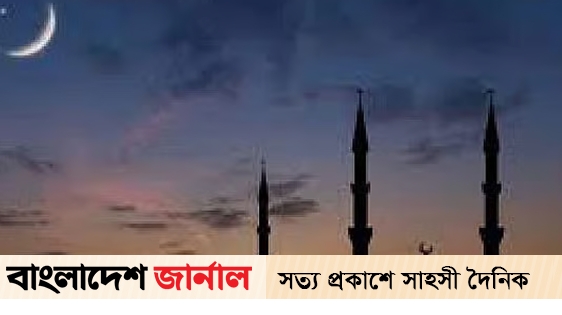


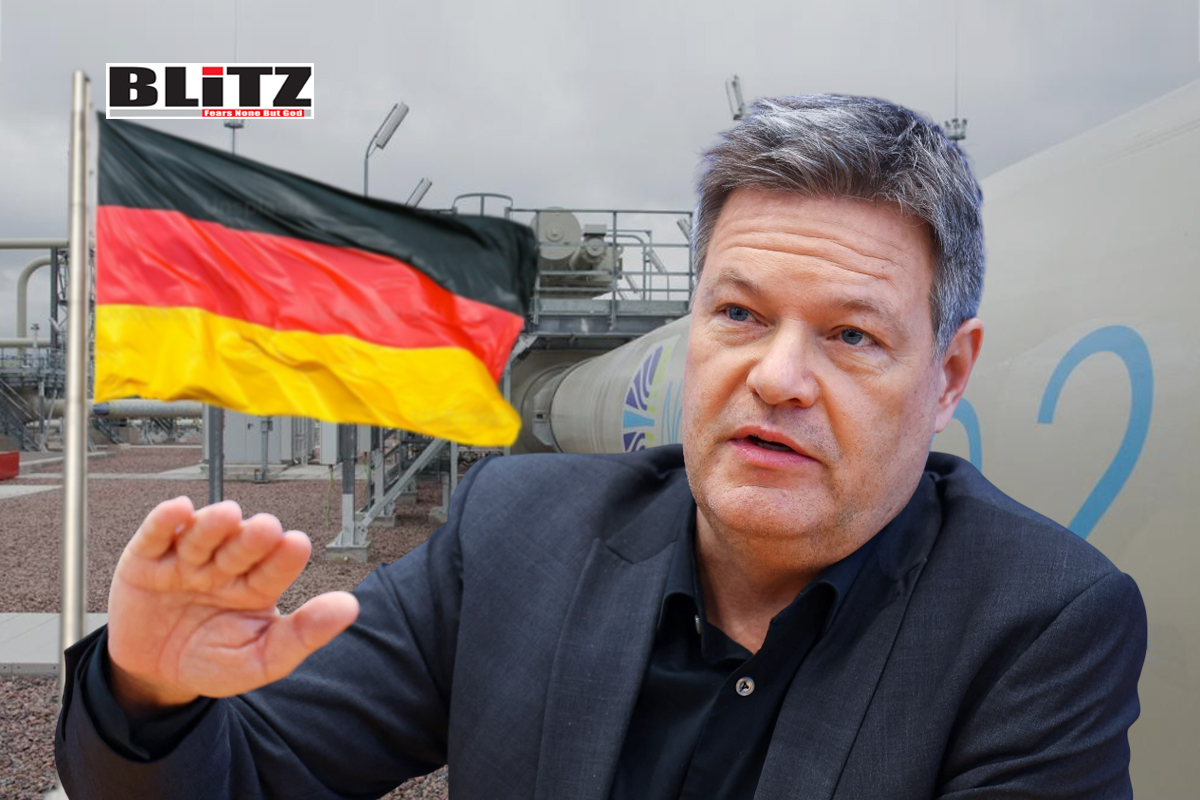
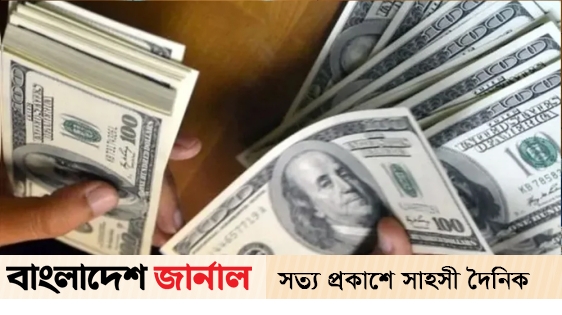



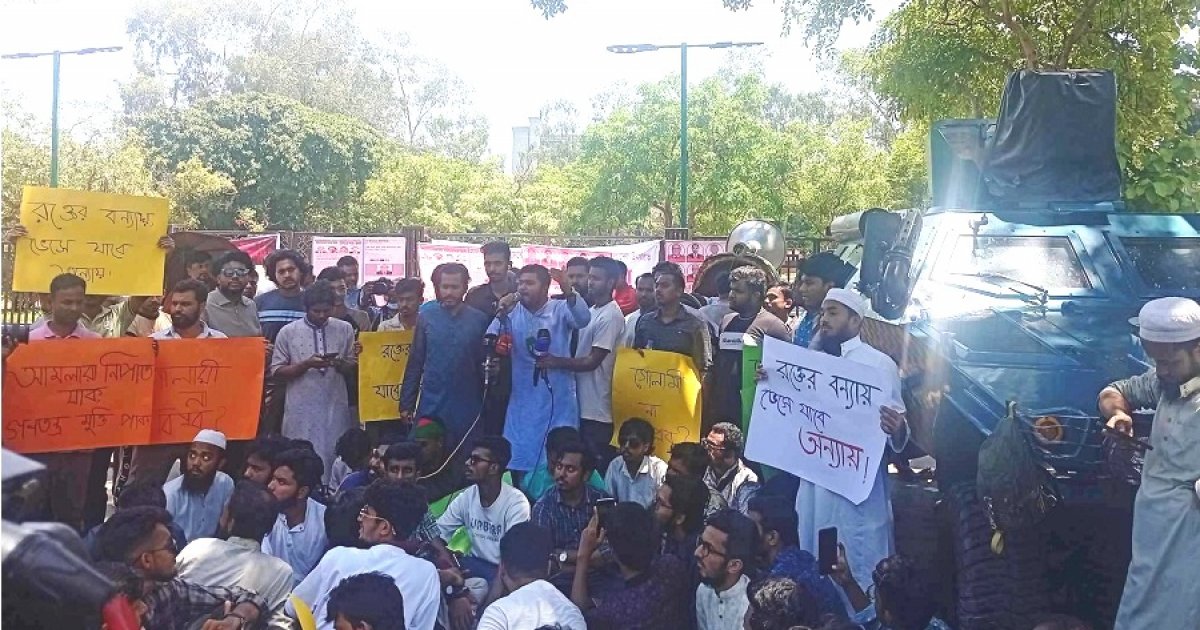
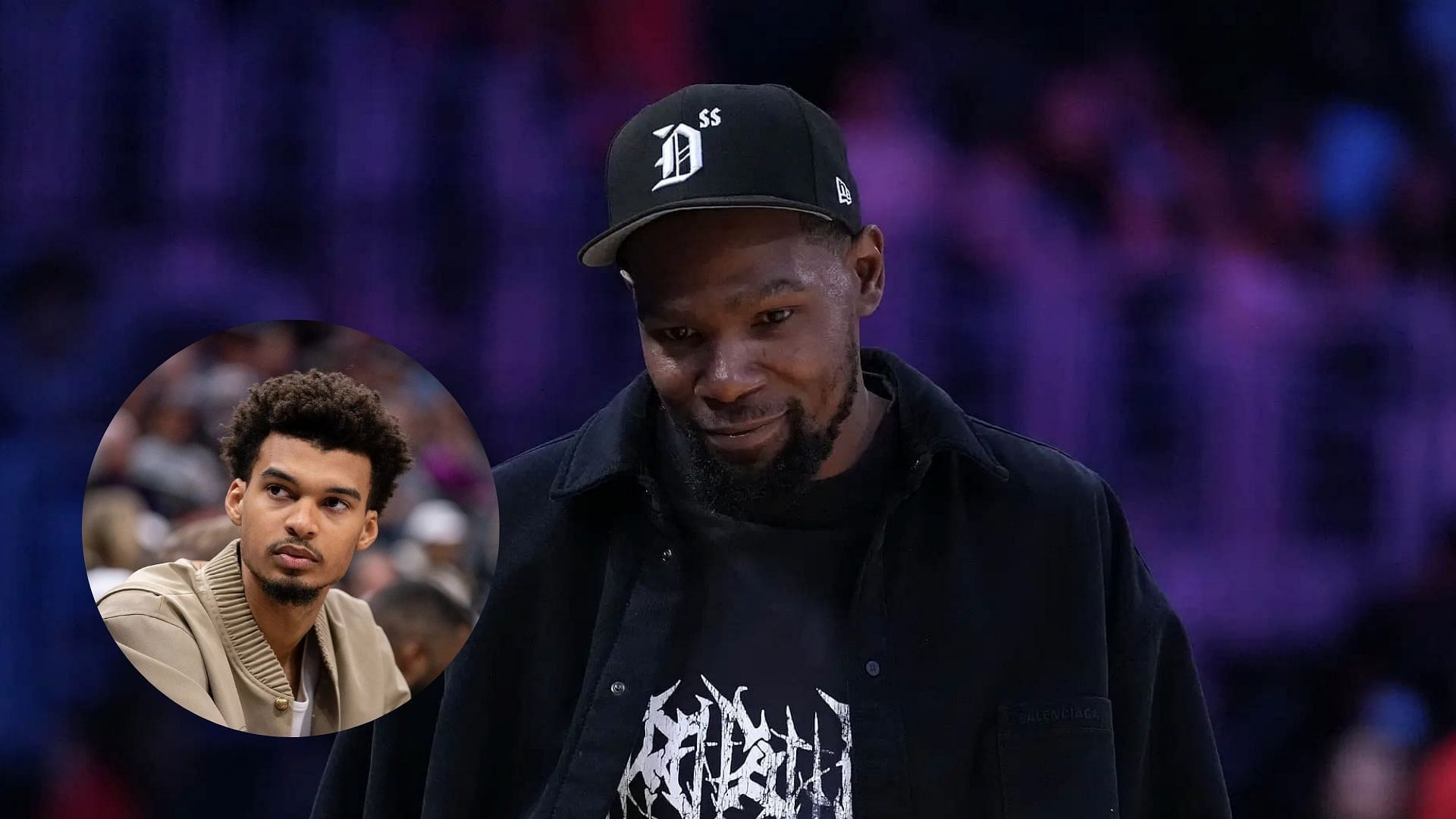
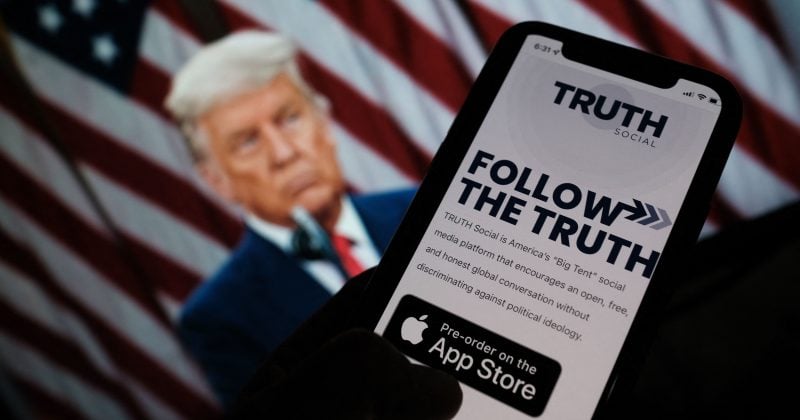
Leave a Reply